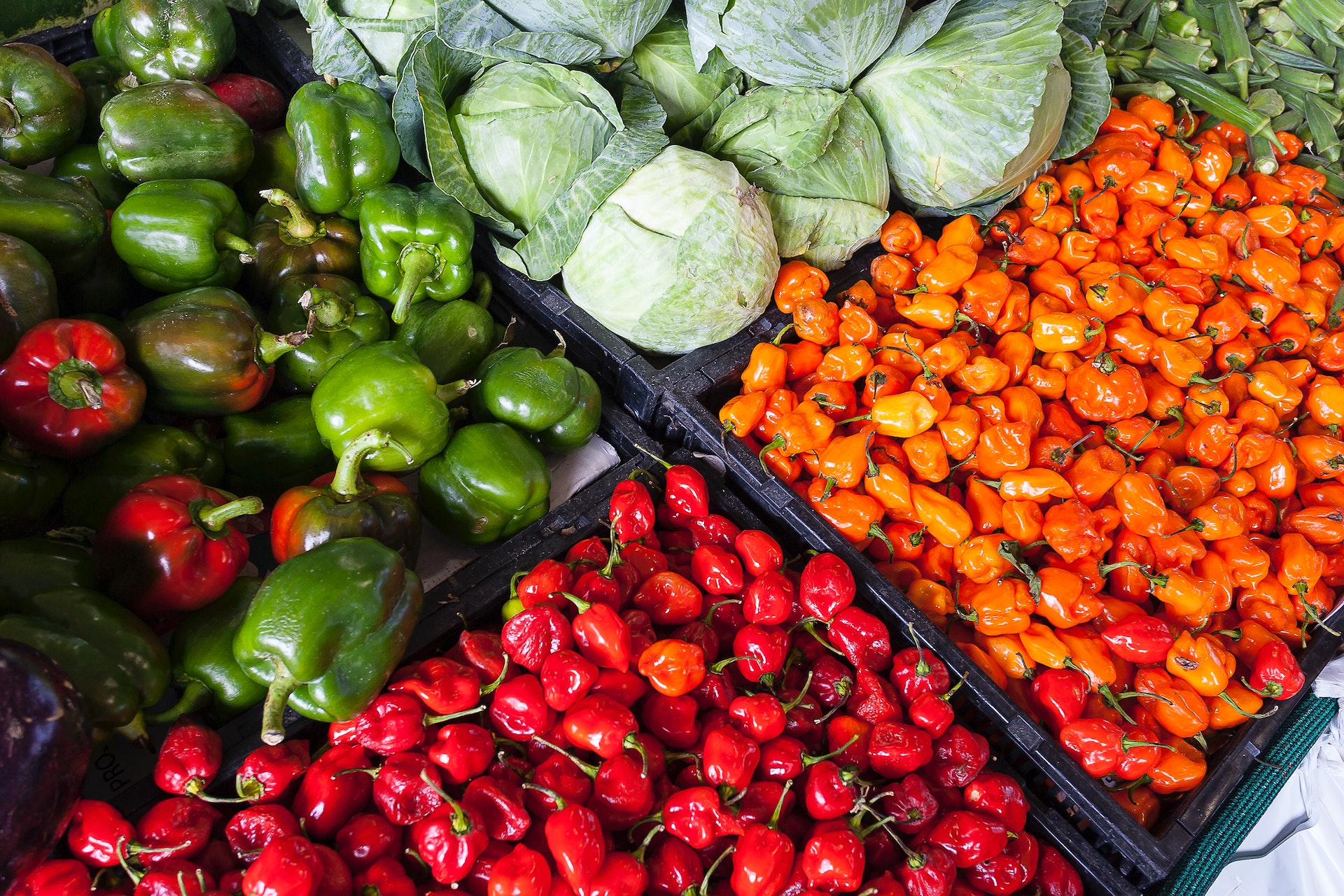Can a Plant-Based Diet Reverse Kidney Disease?
Kidney disease is a chronic condition that affects millions of people worldwide. It occurs when the kidneys are damaged and are no longer able to function properly. While there is no cure for kidney disease, there are treatments available that can slow its progression. One such treatment is a plant-based diet. In this article, we'll explore the benefits of a plant-based diet for kidney disease and whether it can reverse the condition.What is kidney disease?
Kidney disease, also known as renal disease, is a chronic condition that occurs when the kidneys are damaged and are no longer able to function properly. The kidneys play a vital role in maintaining the body's health by filtering waste products and excess fluids from the blood and removing them from the body as urine. They also help regulate the levels of important substances in the blood, such as potassium, sodium, and calcium.
When the kidneys are damaged, they are no longer able to perform these functions effectively, which can lead to a buildup of waste products and excess fluids in the body. This can cause a range of symptoms, including fatigue, nausea, vomiting, muscle cramps, and swelling in the legs and ankles.
Kidney disease can develop slowly over many years, and in some cases, may not cause any symptoms until it has reached an advanced stage.
Common causes of kidney disease include high blood pressure, diabetes, and certain autoimmune diseases. Other risk factors include smoking, obesity, and a family history of kidney disease.
If left untreated, kidney disease can lead to serious complications, including kidney failure, which requires dialysis or a kidney transplant to manage. However, with early detection and treatment, the progression of kidney disease can be slowed, and in some cases, the damage may be reversible.
How can a plant-based diet help?
A plant-based diet has been shown to have many benefits for overall health, and it can also help manage kidney disease. Here are some ways a plant-based diet can help:- Reducing inflammation: Plant-based foods are rich in antioxidants, which can help reduce inflammation in the body. Inflammation is a major contributor to kidney damage, so reducing inflammation can slow the progression of kidney disease.
- Lowering blood pressure: High blood pressure is a common cause of kidney disease. A plant-based diet, especially one that is low in sodium, can help lower blood pressure and reduce the risk of kidney damage. Plant-based foods are naturally low in sodium, and a diet that emphasizes fruits, vegetables, whole grains, and legumes can be an effective way to reduce sodium intake.
- Improving insulin sensitivity: Insulin resistance is a risk factor for kidney disease, and a plant-based diet has been shown to improve insulin sensitivity. Plant-based foods are generally low in saturated and trans fats, which can lead to insulin resistance. They are also high in fiber, which can help regulate blood sugar levels and improve insulin sensitivity.
- Reducing protein intake: Eating too much protein can be harmful to the kidneys, and a plant-based diet typically includes less protein than a diet that includes animal products. While protein is important for building and repairing tissues, excess protein can put a strain on the kidneys. Plant-based protein sources, such as beans, lentils, tofu, and tempeh, are lower in protein than animal-based sources and can be a healthier choice for people with kidney disease.
People with kidney disease should work with their healthcare providers and registered dietitians to develop a treatment plan that meets their individual needs and goals. A plant-based diet can be a valuable tool in the management of kidney disease, but it should be part of a comprehensive treatment plan that includes regular monitoring of kidney function and other health parameters.
What does a plant-based diet for kidney disease look like?
A plant-based diet for kidney disease should be tailored to meet the individual needs of the person with the condition. However, in general, a plant-based diet for kidney disease should include a variety of fruits, vegetables, whole grains, legumes, nuts, and seeds. Here are some guidelines for what a plant-based diet for kidney disease might look like:
Be sure to work with a healthcare provider or registered dietitian to develop a personalized plant-based diet plan for kidney disease, as individual needs may vary based on factors such as age, weight, and severity of the condition.

